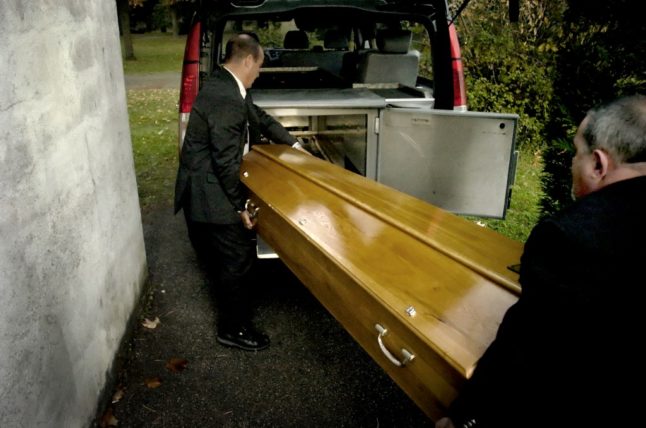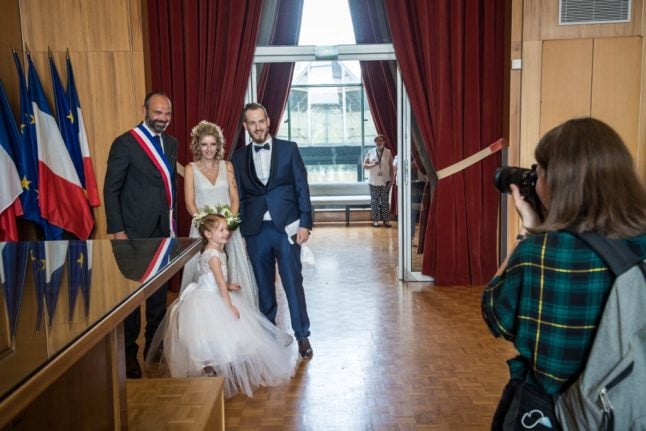Question: I live in France, but my family knows that when I die I would like my ashes scattered in place in the UK that has special meaning for me. Will they be able to transport my ashes from France?
Death in France has its own bureaucratic processes, including restrictions on where ashes can be scattered.
Find out more here – How to register a death and arrange a funeral in France
Once the funeral and cremation are completed, however, you may wish to take some or all of the ashes to another country. Here’s how to go about that.
In France
Permission from the Préfet of the departément where the casket was sealed prior to cremation is required in order to transport ashes outside France.
Contact the local préfecture for help and further information, although if you know at the time of the funeral that you intend to do this, the funeral director should be able to organise this for you.
UK
If you’re flying, check with your airline about specific restrictions or requirements, such as whether you can carry the ashes as hand luggage – most airlines do not allow ashes to be transported in the main cabin.
You will also need to make sure that you have certain papers with you.
When leaving France with human ashes you will need:
- the death certificate;
- the certificate of cremation;
- a certificate from the local authority that gives you permission to transport ashes out of France. Your funeral director in France should be able to arrange the certificate for you;
On arrival in the UK, you should declare that you are transporting ashes, and fill in a standard customs form.
It may seem obvious, but the UK Government’s website also reminds relatives not have the person cremated abroad if they want a UK coroner to conduct an inquest into their death.
A UK funeral director may also be able to help with transporting the cremated remains.
USA
The first thing to do is check with your airline on their rules about cremations – if you don’t intend to carry the ashes yourself you will need to instruct a carrier or transportation company, and follow their procedures for ashes. You cannot send ashes by mail.
Airlines and transportation companies should also be able to help you with US customs requirements for entry into the country.
You will need;
- a death certificate
- a certificate of cremation
- a certificate from the local authority that gives you permission to transport ashes out of France. Your funeral director in France should be able to arrange the certificate for you;
The USA’s Transportation Security Administration guidelines concerning the transporting of cremated remains state that, “passengers [should] transport remains in temporary or permanent ‘security friendly’ containers constructed of lightweight materials such as plastic or wood.”
This means the ashes should be stored in a temporary container or a cremation urn constructed of X-ray friendly material for the duration of any flight. Cremation urns, therefore, need to be made of wood or plastic, and can be X-rayed.
A funeral director in the US may also be able to help you with the regulations on importing ashes.



 Please whitelist us to continue reading.
Please whitelist us to continue reading.
Member comments